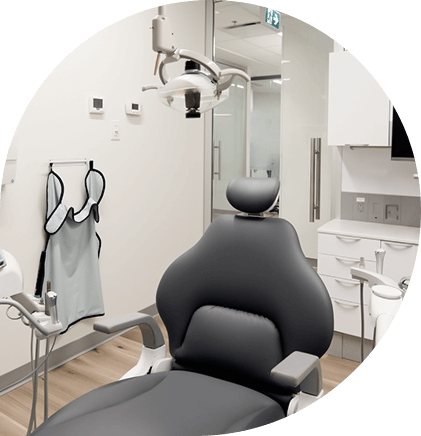If you’re brushing your teeth every day, it can be easy to go no further where thinking about your oral health is concerned. The truth about our teeth is that they are subject to the cumulative impact of our diet and lifestyle. That means that everything that we introduce to our diet and daily habits has impact on our mouth over the long-term.
The Mechanism of Plaque and Decay
What’s going on inside our mouths anyway? Why do some people have chronic dental concerns whereas others are able to rely on regular checkups and cleanings and daily oral care routines? While genetics may play a role, the more likely reason that some mouths are healthier than others is due to the level of care taken in choosing the right foods and engaging in the right behaviors to support oral health.
Since our mouths are warm moist dark environments, bacteria flourish and damage teeth and soft tissues if they are not cared for regularly. Our mouths have many kinds of naturally occurring bacteria within them such as plaque bacteria. These bacteria hide in the mouth and collect on the surfaces of the soft tissues or around the base of the teeth where they meet the gum. When we eat food such as leafy greens, plaque bacteria is more easily suppressed, whereas when carbohydrates and sugars are introduced to the mouth, plaque bacteria begins to consume the sugars. As these bacteria consume these sugars, they create a by-product which is highly acidic. This is the reason dentists refer to the acidic effect of sugar on the mouth. It is not so much a question of the sugar itself being acidic, rather the interaction between sugar and oral bacterium produces an acidic by-product.
Surprising Contributors to Dental Decay
Most of us know that we should stay away from sweet treats if we want to maximize our oral health, however, we may not appreciate the number of foods that we eat every day without realizing their impact. Starchy carbohydrates such as bread and chips offer plaque bacteria a feast, particularly when food remains stuck between the teeth around the mouth following a meal. We know we shouldn’t be drinking soda pop every day, but many of us don’t appreciate the acidic properties of soda water. Even unsweetened club soda produces a significant acid attack on the teeth and should be consumed in moderation.
Small Changes to Support Oral Health
In order to limit the impact on our teeth, we can eat and drink acidic foods with meals and avoid sipping them slowly. The extent of the acid attack on the teeth is partly determined by the amount of time that the teeth are exposed to defending substance. Eating food with acidic beverages such as fruit juice or soda helps to balance the overall pH in the mouth and promote saliva production to assist in rinsing the teeth. Looking for a sweet treat? Stay away from gummies and other sticky candies that can get stuck between the teeth and opt for alternatives such as chocolate, which dissolves in the mouth reasonably quickly.
To keep teeth and bones healthy, follow a nutrient-dense diet comprised of healthy fats and proteins, and green leafy vegetables, and avoid simple carbohydrates such as white bread. Brush the teeth a minimum of twice daily at each end of the day and floss regularly. If blood is produced while flossing, this is an indication of the early stages of gum disease, and can likely be remedied with proper diet, nutrition, and an increased oral care regimen.
Whiter Whites
The appearance of our teeth can have an impact on our self-confidence. If you notice discolouration of your teeth and are drinking stainers like red wine and coffee or black tea, you may want to limit your intake, or chill the beverages and drink them through a straw. A straw delivers the beverage to the back of the mouth, limiting its ability to access and impact the ‘smiling’ teeth at the front of the mouth. If you are a smoker, talk to your doctor about what supports can be put in place to assist you in stepping away from the dangerous and tooth-staining habit.
Since our teeth can develop some degree of natural staining over time, it is important to ensure that you are attending dental checkups and cleanings regularly. These important appointments serve to ensure that your mouth and jaw are healthy and helps remove surface stains on the teeth with specialized tools that are safe for your enamel. You should take the opportunity to ask questions of your dental team about any of the oral health concerns you may have during your regular maintenance appointments. These professionals are happy to assist you with tools, strategies and information about increasing your overall health by taking charge of your oral health.





